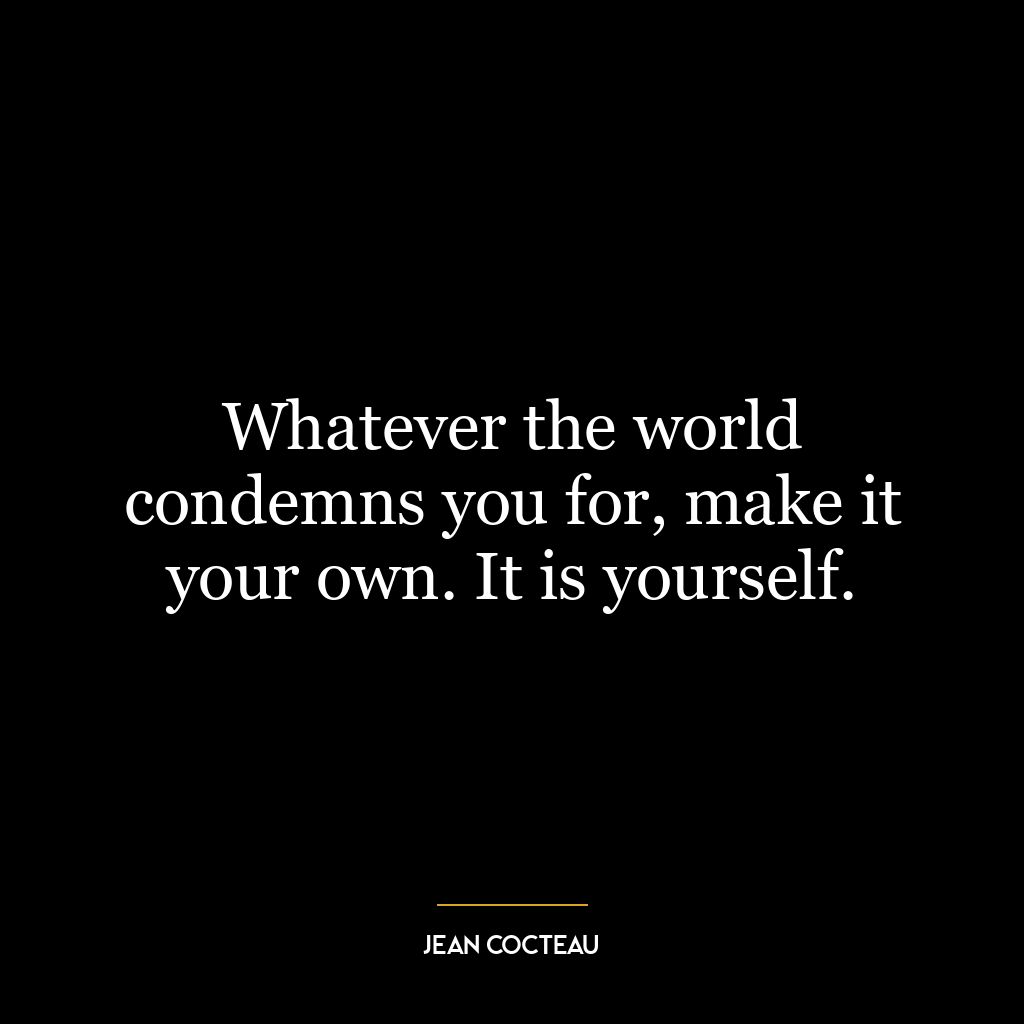Expectations are a form of first-class truth: If people believe it, it’s true.
This quote suggests that our beliefs and expectations can shape our reality, a concept often referred to as self-fulfilling prophecy. In other words, if we anticipate a certain outcome or believe something to be true, our actions and behaviors will align accordingly, making that outcome or truth more likely to happen. This is what is meant by “first-class truth” – a truth that is real and impactful, not because it is inherently or objectively true, but because it is believed to be true.
For instance, if you believe you’re going to fail an exam, you might not study as hard, be more anxious, and end up performing poorly, thus making your initial belief come true. Conversely, if you expect to succeed, you’re likely to put in more effort, be more confident, and perform better.
In today’s world, this idea has significant implications in various fields. In business, for example, a company’s success often relies on consumer and investor confidence. If people believe a company is successful and will continue to grow, they will invest in it, buy its products, and recommend it to others, thereby contributing to its actual success.
In terms of personal development, understanding the power of expectations can be transformative. By consciously managing our thoughts and beliefs, we can influence our actions and shape our reality in a way that aligns with our goals and aspirations. For example, if we expect to become better public speakers, we are more likely to seek opportunities to practice and improve our skills, and over time, we may indeed become better public speakers.
However, it’s important to note that while our expectations can shape our reality to some extent, they are not the only factor at play. Other external factors, such as socioeconomic conditions, can also significantly influence outcomes. Therefore, while it’s beneficial to cultivate positive expectations, it’s equally important to remain realistic and adaptable.










